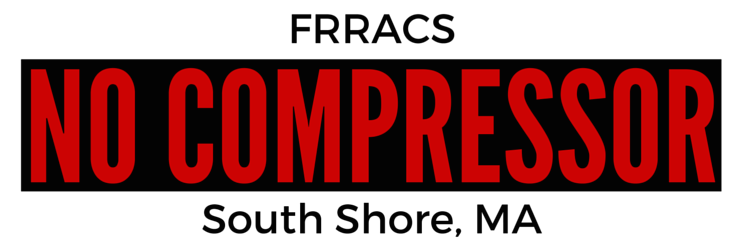WBUR - It's back to the drawing board for Weymouth Compressor's waterways permit
/We recently received news that MassDEP presiding officer (adjudicator) Jane Rothchild, recommended that the department revisit the approval of Enbridge’s Chapter 91 Waterways License. To receive a waterways license, a project needs to be considered “water-dependent” — the compressor station is not water-dependent. We appealed the initial approval of this license on this basis. We welcomed the news from presiding officer Rothchild and are now awaiting a decision from the Commissioner Suuberg of the DEP. WBUR covered this story — you can read more here.
WBUR - It's back to the drawing board for Weymouth Compressor's waterways permit
Excerpt: “A new chapter has opened in the ongoing saga of the Weymouth Natural Gas Compressor Station. Late Friday afternoon, an adjudicator with the Massachusetts Department of Environmental Protection's appeals division recommended that the department re-evaluate a critical environmental permit that the compressor needs in order to operate.
Though the compressor station is still allowed to operate at this time, the decision represents “a major victory” for those who have been fighting the facility for over seven years, said Alice Arena, president of the group Fore River Residents Against the Compressor. …
Like all energy projects, the Weymouth Compressor needed several environmental permits and licenses in order for Enbridge to start construction. One of those permits was a “Chapter 91 Waterways License.”
Chapter 91 of the Massachusetts General Laws is all about protecting the public's interest in waterways, and ensuring only things that are “water dependent” get built in tidelands or under bodies of water.
Enbridge never claimed the facility, which compresses gas to give it a boost and help it move through a pipeline into Canada, meets that definition. Instead, the company declared that the compressor was “ancillary” to an existing pipeline that runs underwater from Weymouth to Salem. That pipeline, known as the I-10 or HubLine, has a valid waterways license, and so, by declaring the then-proposed compressor was “ancillary” to it, the latter would not require its own review and license.
To be considered ancillary in this context, a project needs to meet two criteria: It must be operationally related to the original project. And second, it must require an adjacent location.
Enbridge argued that its project met both of these criteria, and after some legal back-and-forth with project opponents, the state ultimately agreed. Enbridge received its waterways license for the compressor in May 2019.
Opponents once again challenged the permit shortly thereafter, arguing that the compressor did not actually require a location next to the HubLine. As evidence, they noted that Enbridge named seven possible locations when it first proposed the compressor station, some of which were several miles away from the spot it ultimately chose.
The challenge has been making its way though the legal system, and in March, a Norfolk Superior Court judge ruled that the state Department of Environmental Protection used the wrong definition of the word “requires” when it determined that the compressor required a location next to the HubLine.” (WBUR, 2022)

